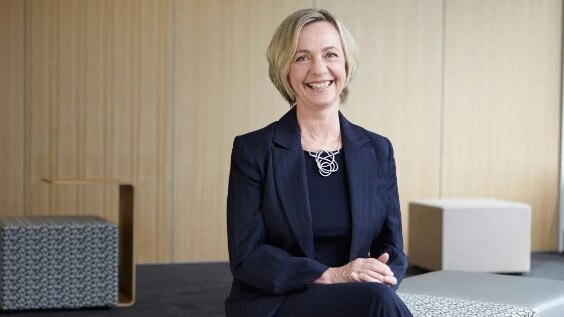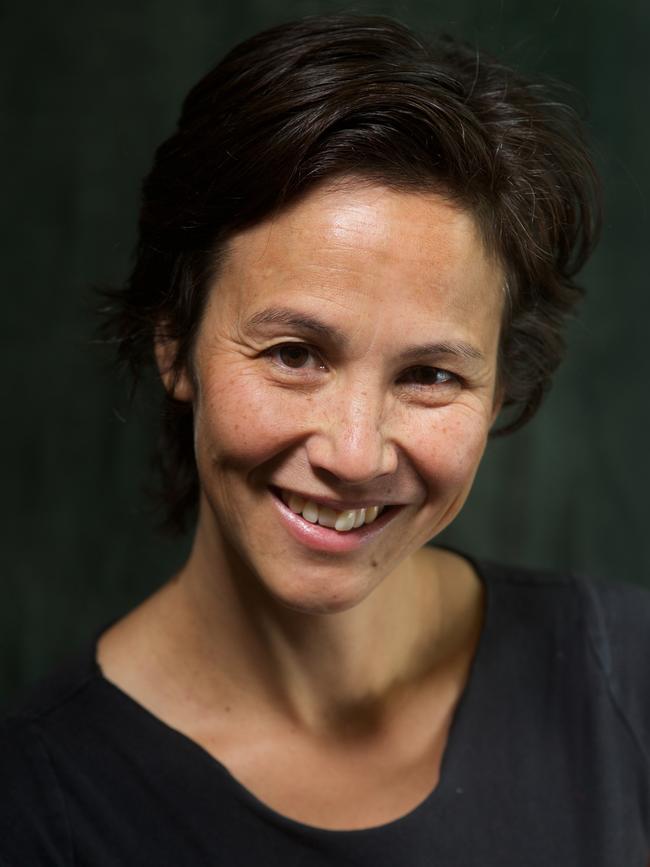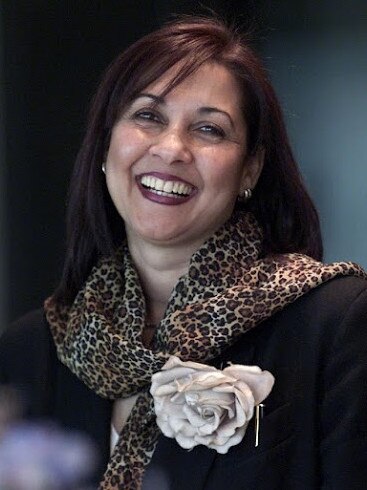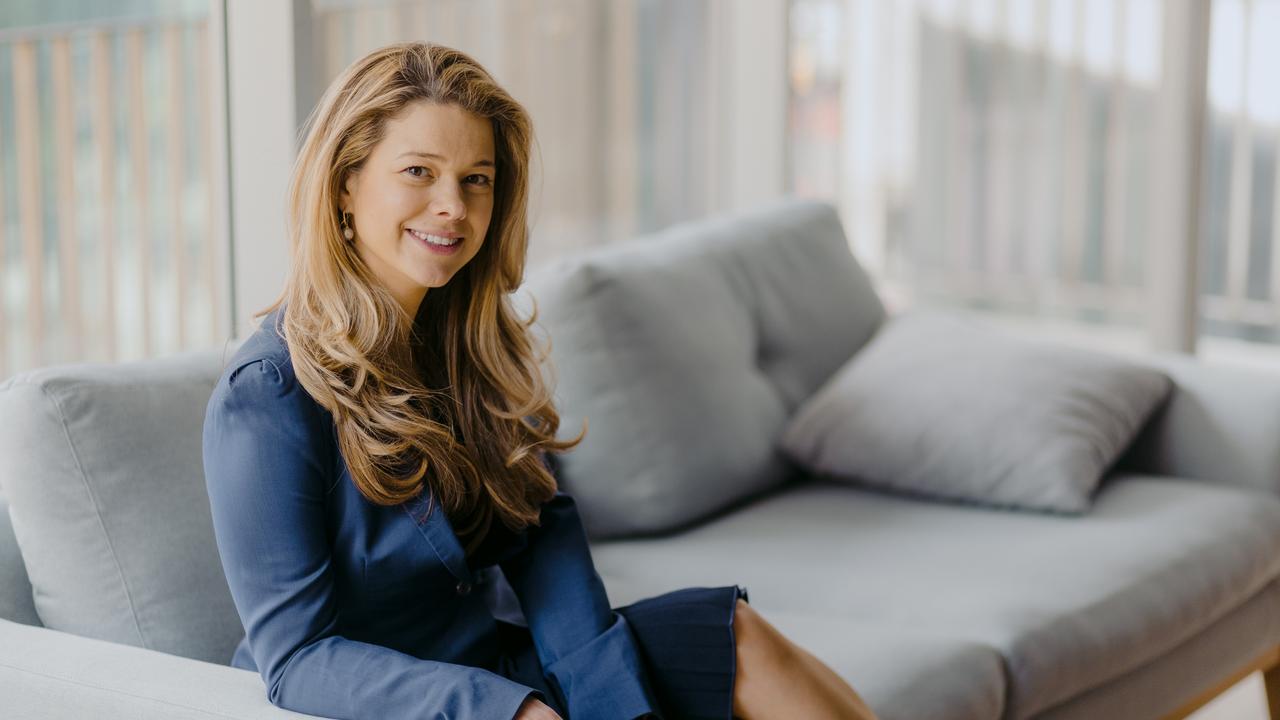SHORT CUTS: Invisible workers and gender equity
Working from home might leave you out of the loop as more colleagues return to the office, but employees need to step up to ensure they are not invisible.

Working from home might leave you out of the loop as more colleagues return to the office, but employees need to step up to ensure they are not invisible, according to management researcher Marian Baird.
Dr Baird, who is the professor of gender and employment relations at the University of Sydney, told The Australian that while managers needed to change their practices to ensure all employees- at home or in the office were treated equitably, employees also had a role to play.
“There’s a real opportunity (post-COVID) for management to say, we know we have skills and we have to manage in a different way, let’s do it,” says Baird. “But as a manager myself I think there is a bit of responsibility on employees to make themselves visible even if you are working from home. Do attend the online meetings, do put your hand up, offer yourself for the committee work or the group that’s forming to address an issue because that’s how you get noticed.
“I have made it a real objective to make sure people are not invisible and if people come and see me, I am saying — ‘you have
to put your hand up, you have to speak up in meetings even if in the past you didn’t feel like you could. Don’t sit there being quiet, say something’.”
Do younger people fail to see that being visible is a career necessity? Says Baird: “I think with younger, early-career people they feel they don’t know enough to say something or they think they should wait until that have it all. But it doesn’t work that way. You have to show potential as well as actual knowledge and confidence. It doesn't matter if you are in person or not. Don’t shy away from being ‘present’ when necessary.”
Baird says that on Zoom it is easier for the manager to call on people who are in the office or who have made contact to say they are willing to do certain tasks. Those
at home run the risk of being forgotten. Some observers say some managers have switched back to phone calls rather than Zoom because the technology can be exhausting. Baird has stuck with Zoom but she expects the cameras to be on as well — unless it’s an all-of-office “town hall” meeting.
Global reach

Michelle Ryan, one of the world’s leading thinkers on leadership, has been named as the inaugural director of the Australian National University’s new Global Institute for Women’s Leadership. The GIWL is the first “sister” institute of the same name founded and chaired by former prime minister Julia Gillard and based at Kings College London. Ryan did her PhD at ANU and has spent the past 17 years in the UK where she will continue as a part-time professor of social and organisational psychology at the University of Exeter before relocating to Canberra in July. Ryan researched the concept of the “glass cliff” to describe how women in politics and business are often given risky leaderships roles in times of crisis when the chance of failing are high. In a statement, Ryan said: “Women leaders all over the globe have proven to be effective, inspirational and incredibly capable. The impediments women face are still too great in number and size. We need to keep working hard to change that and improve outcomes.” Gillard said that the COVID pandemic had compounded many of the barriers women faced, and indeed “progress on gender equality is slow and in some places it’s reversing”.
Leadership
Some of Australia’s leading philanthropic foundations have combined to launch a new leadership program — the Social Impact Leadership Australia program. The five-year, $9m program, and will be delivered by the Centre for Social Impact (CSI) with support from the Myer Foundation, the Sidney Myer Fund, the Vincent Fairfax Family Foundation and the Paul Ramsay Foundation. The program is for not-for-profit and for-purpose leaders and according to Leonard Vary, chief executive of The Myer Foundation and Sidney Myer Fund, it reflects the recognition of a “damaging and persistent lack of investment in the leadership” in these areas. One third of participants will be drawn from rural and regional areas, a focus that Jenny Wheatley, CEO of the Vincent Fairfax Family Foundation said was “exciting and important”. “It is critical that we develop a truly national program. By broadening our reach in this way, we are ensuring we will be available to a diverse group of leaders and organisations from across Australia.” she said.
The program design is based on international best practice and covers leadership of the self, the organisation, and the system. It
will include immersive learning experiences, a tailored sabbatical, and one-on-one coaching.
Clubland

Jenny Folley is a pioneer of the serviced office industry in Australia, building a business, Corporate Executive Offices, from scratch over 30 years before selling to the much larger multinational Regus in 2014. A couple of years later she was back with serviced and co-working spaces and a new company called @WORKSPACES and now operates in Sydney, Melbourne, Brisbane, the Gold Coast and Manila. She recently tweaked the model with a new business club in the Normanby Chambers in Little Collins Street, Melbourne. The club has workspaces and offices as well as a lounge for members. It opened in November and the entrepreneurial Folley believes it’s a concept that will work well in areas populated by lawyers and barristers and other professionals and corporates.
In Queensland Folley is busy experimenting with the co-working concept: she’s converting a traditional Queenslander house on the Gold Coast into offices and shared space, with the belief that increasingly people want the option of working close to home. She says @WORKSPACES has been inundated with inquiries
for flexible work space in recent months as companies downsize
or people look for alternative space. “The Gold Coast is booming,” she says.



